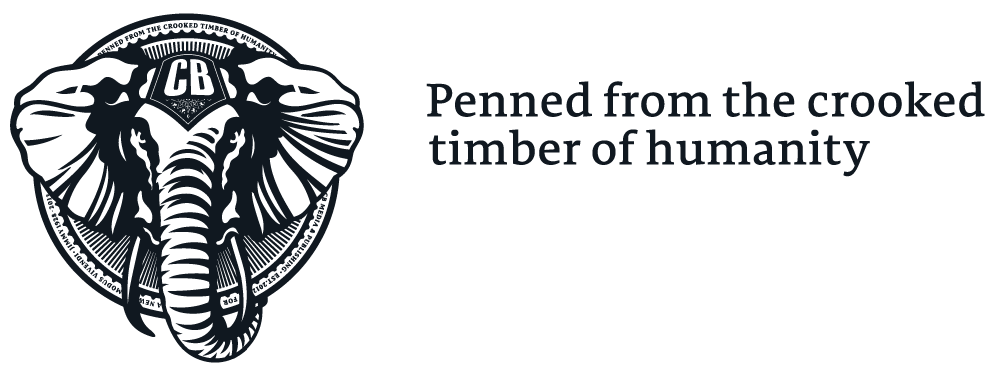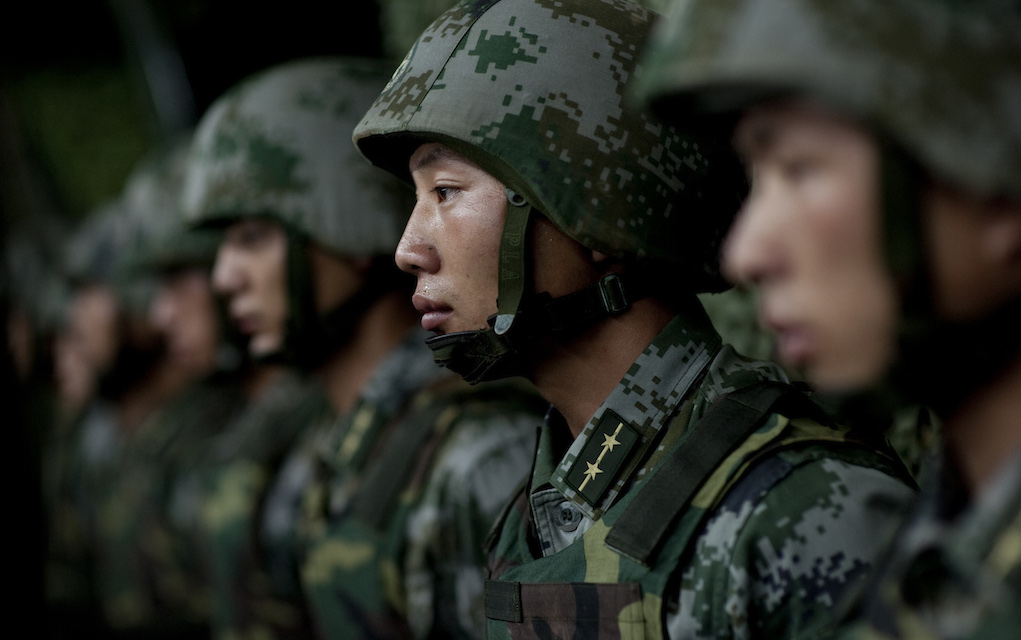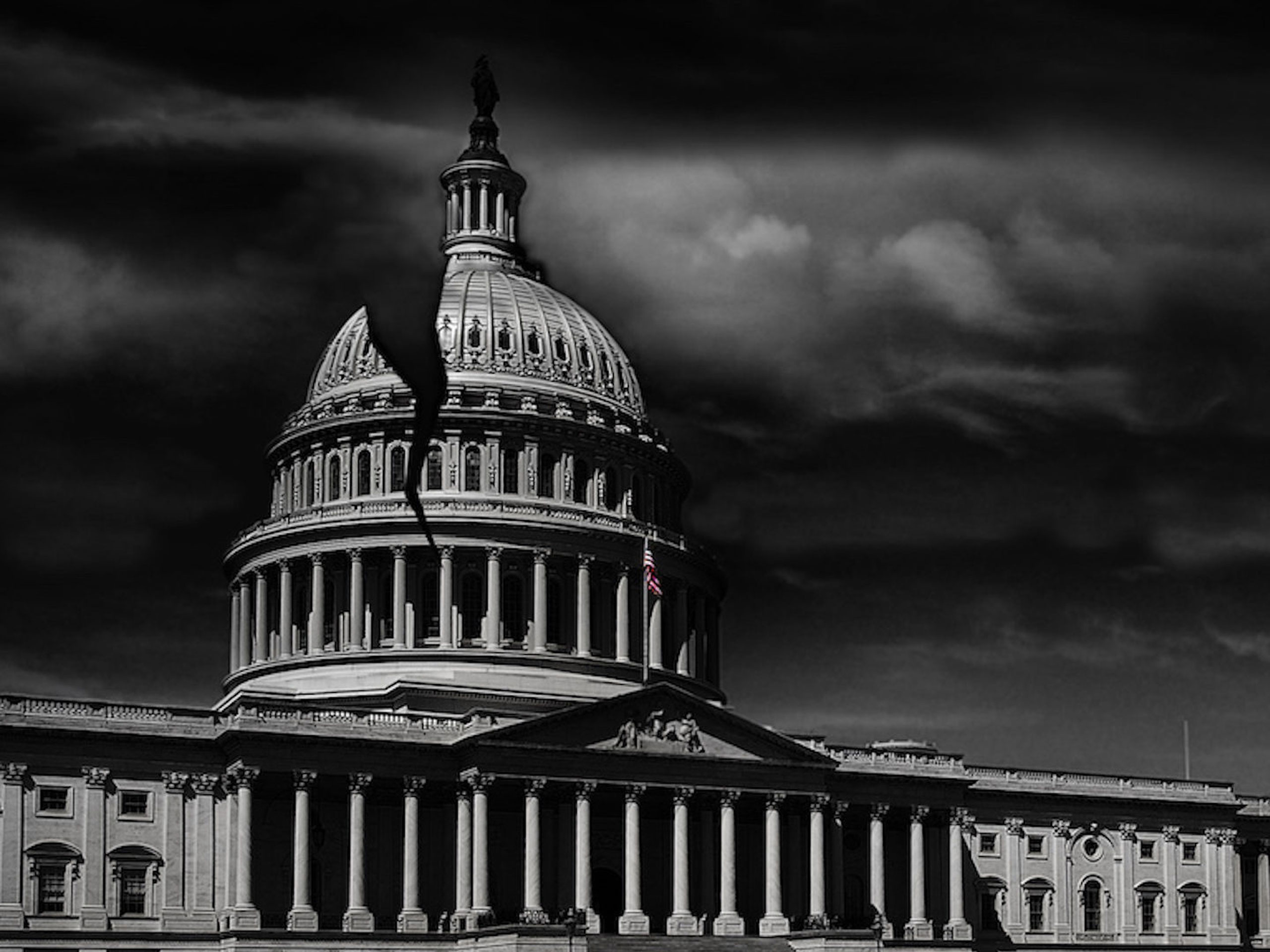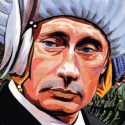”The 19th century was a century of China’s humiliation, the 20th was a century of China’s revival, and the 21st will be the century of China’s domination.” This saying by an unknown Chinese politician perfectly reflects the perception of history by the Chinese people. While western analysts call the country’s spectacular growth “the rise of China,” the Chinese themselves perceive it as a returning to the forfeited status of the “Middle Empire.”
The End of Authoritarian Exceptionality
Authoritarianism, corruption and weak institutions increasingly impede China’s economic growth. When it was exceeding an annual 10% growth in GDP, “socialism with Chinese characteristics” was considered as an exceptional form of “effective autocracy”. However, a slowdown in 2012-2014 shattered this myth, and here is the explanation. The rapid growth was ensured by simple and extensive solutions, such as legalizing entrepreneurial freedom, recruiting vast human resources, establishing market economy and stimulating export. However, the moment came when internal resources were depleted, and market demand for new goods and services was exhausted. Extensive methods stopped working.
According to Youwei, China faces a necessity for the most difficult reforms: combating corruption, facilitating de-monopolization, establishing independent judiciary and saving the environment. Moreover, the reforms are not likely to go through, because of a strong anti-reform opposition. Facing an eternal dilemma between reformism and reaction, China has chosen the latter.
In April 2013, the Central Committee of the Communist Party of China issued a Communiqué on the Current State of the Ideological Sphere, better known as Document 9. It urged the leadership to guard against seven political “perils,” including constitutionalism, civil society, and “universal values.” Apparently, this policy is designed to preserve the Party’s power grip at a price of crackdown on lawyers, media, academics and intellectuals. And the price is going to be extremely high.
Without freedom of speech, rule of law, and adequate civil control, China will only emulate the development of science, education, and the knowledge-based economy. Despite billion-dollar investments, Chinese universities remain a bubble, and rich Chinese families prefer to educate their children abroad. The quality of Chinese scientific publications leaves much to be desired. Furthermore, the academic society increasingly becomes a shiny façade, which hides a multi-million dollar industry of fraud.
The major development problem in an autocracy is a top-down model. For over 40 years, the CPC has been stimulating innovation by centralized allocation of funds, creation of research centers and targeted support of state-owned enterprises. The same system was used to mitigate the impact of the 2008 financial crisis. The front-page result was a doubling of nominal GDP in 2008-2014, which obscured a sinister side effect. By 2014, the total public and private debt reached 282 percent of GDP.
Realizing that a top-down model had become dysfunctional, Chinese leadership initiated a surge of entrepreneurship conferences. However, speaking about business is much easier than doing it. In the World Bank’s Ease of Doing Business index, China ranks 90 overall and 128 on the ease of starting a business, falling far behind Vietnam, Mongolia and Russia. These ratings mean that a start-up in China is still a very risky undertaking due to corruption and lack of legal protection.
The Chinese economy has only one undisputed strength – its rapid growth rate. The benefits of high returns outweighed the costs of dealing with a lawless government. Now, if China loses its growth, it will lose everything. The only chance to retain competitiveness is to start a new round of reforms. Instead, Xi Jinping has chosen a way of “stability and resistance,” which has already brought Vladimir Putin’s Russia to a deadlock.
A Stab in the Back
Separatism and domestic political opposition may restrain Chinese foreign activity. Islamic extremists in Xinjiang, separatists in Tibet and opposition forces in Hong Kong will gladly stab Mr. Xi in his back. Over the last year, the attacks of Uighur militants took the lives of more than 200 people, and a violent response from the Chinese police killed almost 100 Uighurs.
Various leaked reports show that Chinese police and paramilitary killed hundreds and arrested thousands of peaceful demonstrators in Tibet. The movement for religious freedom and cultural identity does not directly threaten China’s national security. However, Beijing’s actions may trigger a drastic response from the international community. For instance, the U.S. Congress is currently debating the “Global Magnitsky Rule of Law Accountability Act,” which will allow the U.S. government to impose sanctions with respect to foreign government officials perpetrating gross human rights violations.
In the fall of 2014, the “umbrella revolution” took more than 100,000 protesters to the streets of Hong Kong. Quite expectedly, many of them joined the protest after a violent reaction from the police. The situation may become complicated; as it was in 1989. Moreover, the protests could spread to the other major cities of China.
Short of Breath
Three decades of extensive industrialization made China one of the most polluted countries in the world. Seventy percent of China’s rivers are polluted, roughly 27.5 percent of total land mass is deserted, and the air in Beijing is so dirty that people are forced to wear gas masks. Obviously, environmental disaster is another factor restraining China’s extensive economic growth. Shortage of fresh water threatens the survival of big cities. Lack of arable land does not allow to produce enough crops to feed the workers. And air pollution literally kills them, decreasing life expectancy by approximately 5.5 years.
The annual losses from degrading environment are estimated at a level of 3.5 percent of annual GDP. The opportunity costs may soon become even higher. Building new factories is suicidal, while building pollution control facilities will pump up the production costs, decreasing China’s competitiveness. It is now clear that the environmental challenge has put an end to China`s extensive industrial development model. If China fails to reform its environmental policy, there will be no more “rise.”
What Now?
One may argue that these factors will not prevent China from conducting aggressive foreign policy, but will actually encourage it. In a desperate need for Lebensraum, and as a way to channel domestic tension, China may start a conquest in East Asia. However, we do not see that happening.
First, conquest is expensive. An attempt to resolve a minor territorial dispute by force may disrupt vital economic relations with the United States, or even lead to a major war.
Second, conquest is ineffective. Taiwan, Vietnam and India are already densely populated. Mongolia and South-Eastern Kazakhstan are too arid. A conflict with Russia will be too dangerous. Moreover, there is no land, where hundreds of millions of Chinese people could easily resettle. Furthermore, additional territory does not raise state capacity. A recent proof is Mr. Putin’s annexation of Crimea.
Third, conquest and warfare are poor ways to heal domestic fractures. A 1904-1905 war with Japan did not unite the Russian society, but led it to the first revolution. The beginning of World War I was marked by a patriotic surge in Russian and German empires. Four years later, “crowns laid scattered on the pavement,” as Vladimir Lenin wrote. The Chinese leaders should know the lessons of history. An adventurous foreign policy may entrap the state into a protracted conflict, leading to riots, revolution and collapse.
A Chinese authoritarian crackdown, crisis of extensive development, separatism, domestic opposition and degrading environment will seriously affect the rise of China and prevent its bid for hegemony.


























